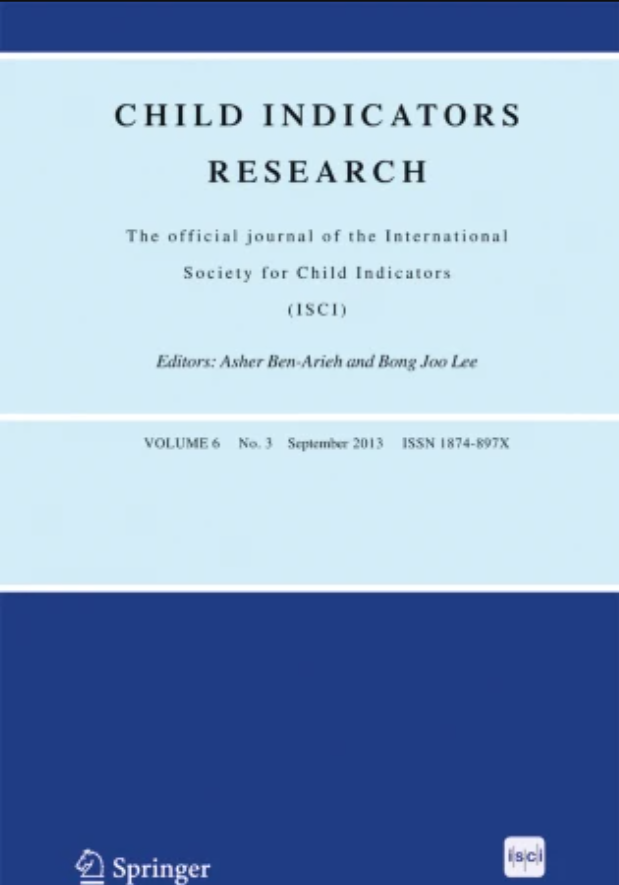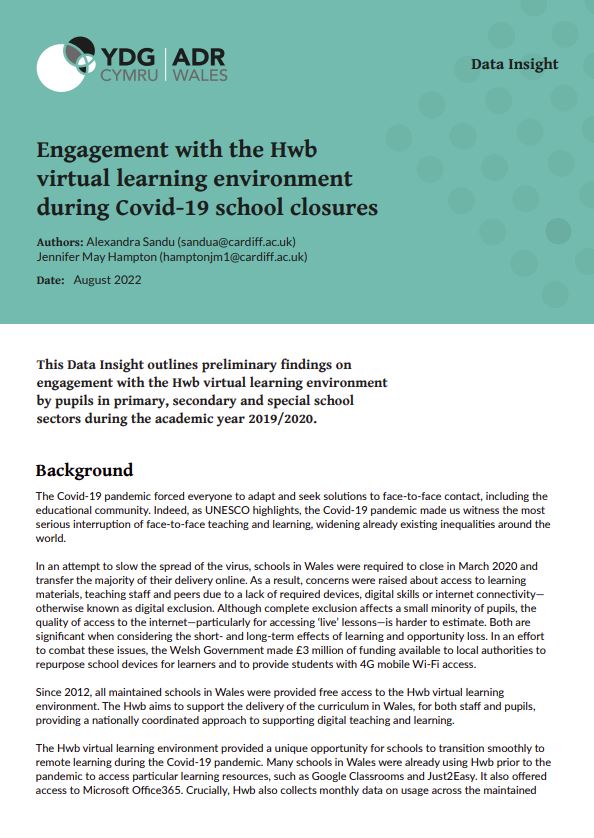Alexandra is a quantitative researcher with a strong interest in applying quantitative research methodology to social sciences. Her current work at the WISERD Education Data Lab and Administrative Data Research WALES involves analysing large datasets to conduct education research in Wales, focusing on topics such as educational attainment, online learning, school attendance, and absence, as well as children’s subjective well-being.
Alexandra’s research interests extend beyond quantitative research methodology and include expertise in Human Geography, Urban Geography, Environmental Geography, Urban Resilience, Spatial Analysis, Urban Inequalities and GIS. Her prior experience includes working as a research associate at the University of Lyon, where she contributed to a research project on the impact of globalization on cultural flows. She also worked as a Teaching Fellow at Alexandru Ioan Cuza University of Iasi, where she provided courses and seminars in Human Geography, Cartography and Geomatics, Environmental Geography, and GIS.
Alexandra’s academic credentials also include a Ph.D. in Human Geography and Urban Planning, where she focused on identifying land-use patterns and dynamics in cities from Central and Eastern Europe before and after the fall of communism. Through this research, she developed a deep understanding of the complex social and economic forces that shape urban landscapes.
Current WISERD Education Data Lab projects :
- Project Lead :
A Geospatial Analysis of the Factors Shaping Educational Outcomes in Wales
Project Overview :
The project explores the relationship between household and family characteristics, socioeconomic factors, and educational outcomes in Wales. By linking census and education data and using advanced geospatial techniques like Geographically Weighted Regression, the research seeks to provide a nuanced understanding of how various factors relate to and interact with pupils’ academic performance and attendance. Furthermore, it investigates how these relationships vary geographically across Wales at the Lower Layer Super Output Area (LSOA) level, while also examining their direct association. This approach allows for a comprehensive analysis of the spatial variation in the factors influencing educational outcomes across different geographies in Wales.
Key Research Questions :
The study aims to address the following key research questions:
-
- To what extent are household socioeconomic markers like household employment status, income level, deprivation, eligibility for free school meals, SEN, ethnicity, and census deprivation measures related to pupil attainment and attendance? How do these relationships vary geographically across Wales at LSOA level?
- How are household composition factors and family dynamics associated with pupil performance? Does geographical location moderate this?
- Does area-based deprivation (based on Welsh Index of Multiple Deprivation) correspond to pupil outcome differences between LSOAs?
- How do school characteristics relate to pupil attainment based on geography? Are there school effects driving differential pupil outcomes between regions?
Impact :
Through this project, I seek to provide insights that could inform targeted policies and resource allocation strategies that would address educational inequalities in Wales, ultimately demonstrating the value of geospatial analysis in educational research and policy-making.


